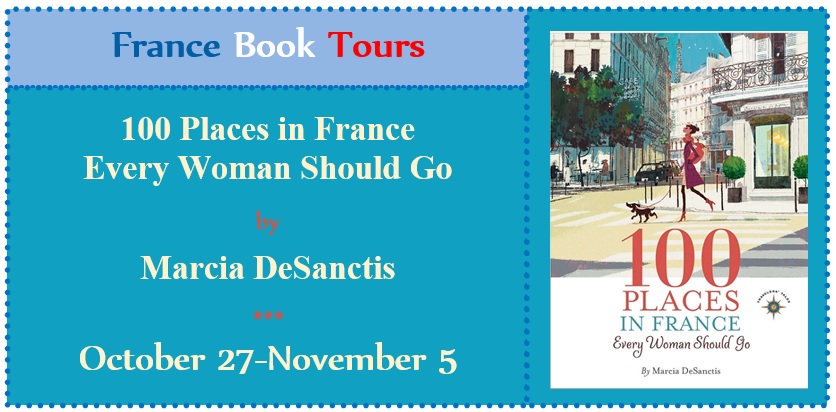Hello everyone! Guess what, we have another author interview today! It's Siobhan Davis.
This was your first book! Was there something that really surprised you about the writing process?
Yes! That writing the actual book was the easy part! I wrote the first draft of True Calling in six weeks and the story just flowed from the minute I started putting words to paper. However, I could never have anticipated how challenging and frustrating the editing process was, nor how long it would take to complete. At one stage I was quite prepared to throw my laptop out the window and forget all about publishing my book. But I persevered, and eventually plucked up the courage to publish it, and here we are ☺
What did you do when you got stuck, or need some inspiration?
The story had been rebounding in my brain for so long that I didn’t struggle with the plot, once I actually got down to writing it. In fact, it was almost a relief to pluck the words out of my head! I mapped out the story, chapter by chapter, and was largely true to my plan, except where the story organically developed as I delved into it. The challenging part for me was consistency and development of my characterization, effective world building, and ensuring that the writing flowed smoothly. Other books were my source at inspiration at times where I felt the writing didn’t feel right, or could be improved. I’m also part of an amazing writing group, IWI, established by award-winning author Carmel Harrington, and some of the girls in the group have been tremendously supportive and helpful at periods when the going has been tough.
The story is set on another planet (earth isn't really a nice place to live anymore). What was the most fun aspect about writing a story set in outer space? What was the most challenging?
It was fun being able to let my imagination run wild and to create a world of the future. A future where advanced technology and medicine is central to the continuation of mankind, but also to explore how the fabric of society adapts and changes, as a consequence. The setting is in the not-too-distant future, and it was important to me that Novo still felt relatable and believable. Because I wanted readers to resonate with the story and the world, and to imagine themselves living there and dealing with the things that Ariana has to face. Some of the book reviewers have commented on this aspect of the world-building, so I hope I’ve successfully achieved that.
The challenging part –in trying to create a future world that is also relatable– is in ensuring that the advancements are appropriate for the timeframe, so maintaining a balance was key.
Because True Calling takes place between two worlds, Earth and Planet Novo, the experiences of the characters in each place are vastly different. I had to contrast and compare the utopian type environment on Novo with the dystopian existence on Earth. That was challenging but interesting to imagine, and write.
Do you have a favorite way to interact with fans and readers?
I don’t mind how fans and readers reach out to me and all the feedback I’ve received so far has been great. I’ve had some wonderful emails and I always get such a buzz when someone loves True Calling, and takes the time to comment or write about it.
You say on your website that you are "teen forever". How do you feel about the recent arguments lately against adults reading YA? (Like this rage inducing article from slate.)
Okay, so, I am going to go on a bit of a rant here – apologies upfront! 80% of my time I am a responsible wife, mother, employee and quite strait-laced! I relish the other 20% where I give in to my inner-teenager and indulge my passion for teenage books, music and movies. For me, it is pure escapism and a way to chill-out. I think life is about diversity, in our choices and our interests, and we should never be afraid to show who we truly are.
Harry Potter and The Twilight saga were the stories that hooked me on the YA genre, though at first I remember feeling embarrassed that I was reading them, until I realized that I was not alone. I read the same survey quoted in the Slate article, where the analysis identified that 55% of people who purchase YA books are adults, and I wasn’t in the least bit surprised.
Now, I don’t just read YA books, I am also an avid reader of crime fiction. Tess Gerritsen is one of my all-time favorite writers, alongside Patricia Cornwell, Kathy Reichs and Michael Connelly, to name a few. I also read other adult genre’s; I’ve read a lot of the classics, plenty of corporate non-fiction books and I do not discriminate in my choices. If I like the sound of a book, or I have received a recommendation, then, I’ll read it.
However, there are certain times when all I want to read is YA. Because I love-love-love the action/adventure, kick-ass heroines, swoon-worthy romance, and the pure fantasy of the worlds created by some of my favorite YA authors. I don’t tend to read as much contemporary YA stuff, though I adore John Green’s TFIOS, and I disagree completely with Ruth Graham’s observations of this book in the Slate article. I found the dialogue between Hazel and Gus to be very compelling, emotive and refreshing, and yes, it was a little cheesy at times, but I still loved it. Moreover, how is that ending a typical satisfactory ending? Or Allegiant’s ending, when that had the Divergent fan base split right down the middle?
So if it’s seemingly wrong, as an adult, to read books ‘written for teenagers’ then does that logic apply to movies as well? Some of the greatest, and most successful, movies of all times have been children’s and teen movies. Back to the Future, Rebel without a Cause, ET, Harry Potter, etc., etc. Does going to see the latest Avengers Assemble movie with my children (one is a teenager) set a bad example? In the same way it’s suggested that my reading of Laini Taylor’s ‘Daughter of Smoke and Bone’ Trilogy or Jennifer L. Armentrout’s ‘Covenent Series’ would imply? To suggest, as Ruth Graham does in her article, that reading YA fiction sends out the wrong message to our teenage children, is ridiculous in my view. Surely the point is this: If children see their parents reading, they are more inclined to read themselves, irrespective of what genre the content is. Anything that encourages the youth of today to read more is a positive in my book (pardon the pun). Sharing some of the same reading material opens up opportunities for parents to engage in meaningful discussions with their children about these books, and to explore the issues/themes.
Rant almost over.
Some commentators have said that the writing quality in YA literature is questionable in the extreme. I disagree. While I do not pick up a YA book expecting it to be a literary work of art, I am often pleasantly surprised at the exceptional talent of so many who write in this genre. Many of these books surpass the quality of a lot of so called ‘adult literature’ that is out there in the market.
In my opinion, readers should be allowed to make their own decisions regarding books they choose to read, without risk of vilification. Because the pleasure of reading is what it is all about, and that is purely subjective. If we start expecting people to restrict their reading material, based on a narrow societal categorization of what’s deemed appropriate, then ultimately fewer people will read, and that is not okay with me.
(Wesley note:Phew! :) Preach it sister!)
What's next for you?
My priority is completion of the True Calling series and then I’ll focus on my other WIP’s. I have another YA sci-fi in the works, and I’d love to write historical fiction at some point in the near future.
Thanks Siobhan!




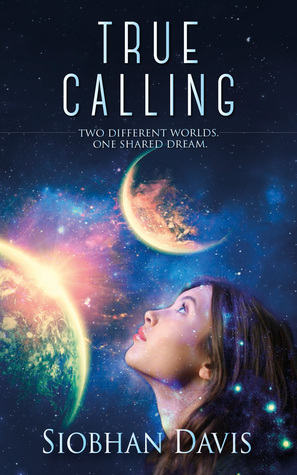


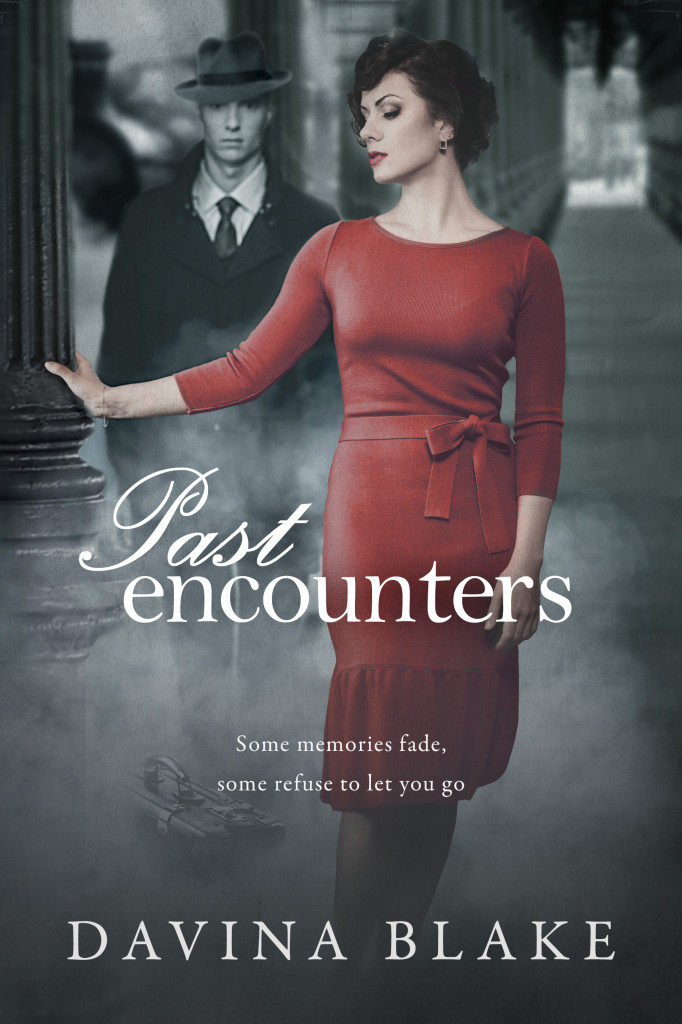
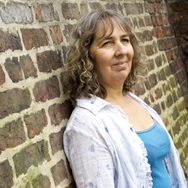






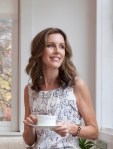 Photo credit: Ron Haviv[/caption]
Marcia DeSanctis is a former television news producer for Barbara Walters, NBC and CBS News.
She has written essays and articles for numerous publications including Vogue, Marie Claire, Town & Country, O the Oprah Magazine, Departures, and The New York Times Magazine.
Her essays have been widely anthologized and she is the recipient of three Lowell Thomas Awards for excellence in travel journalism,
as well as a Solas Award for best travel writing.
She holds a degree from Princeton University in Slavic Languages and Literature and a Masters in Foreign Policy from the Fletcher School of Law and Diplomacy.
Visit her website. Follow her on Facebook, and Twitter
Buy the book: Amazon, upcoming on Travelers' Tales.
Photo credit: Ron Haviv[/caption]
Marcia DeSanctis is a former television news producer for Barbara Walters, NBC and CBS News.
She has written essays and articles for numerous publications including Vogue, Marie Claire, Town & Country, O the Oprah Magazine, Departures, and The New York Times Magazine.
Her essays have been widely anthologized and she is the recipient of three Lowell Thomas Awards for excellence in travel journalism,
as well as a Solas Award for best travel writing.
She holds a degree from Princeton University in Slavic Languages and Literature and a Masters in Foreign Policy from the Fletcher School of Law and Diplomacy.
Visit her website. Follow her on Facebook, and Twitter
Buy the book: Amazon, upcoming on Travelers' Tales.
